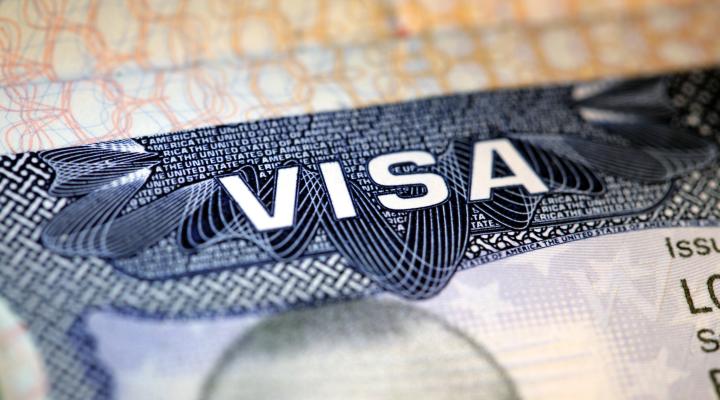A Breakdown of Work Visas

Securing a work visa and employment authorization is a crucial step for immigrants and new naturalized citizens seeking job opportunities in the United States. Understanding the different types of work visas available, the application process, eligibility criteria, costs, and necessary documents is essential for a smooth and successful transition.
This guide provides a comprehensive guide to help individuals navigate the complex landscape of work visas in the U.S.
Types of Work Visas
- Temporary Work Visas: Temporary work visas are designed for individuals who wish to work in the United States for a limited period. The most common temporary work visas include:
- H-1B Visa: This visa is for skilled workers in specialty occupations, requiring a bachelor's degree or higher. It is typically employer-sponsored and subject to an annual cap.
- L-1 Visa: L-1 visas are for intra-company transferees, allowing multinational companies to transfer employees from an overseas branch to a U.S. branch.
- O Visa: O visas are for individuals with extraordinary abilities in fields such as science, arts, education, business, or athletics.
- TN Visa: TN visas are available for citizens of Canada and Mexico under the North American Free Trade Agreement (NAFTA) and are meant for specific professional occupations.
- Permanent Employment-Based Visas: Permanent employment-based visas are intended for individuals seeking long-term employment in the United States. These visas are typically sponsored by U.S. employers and are divided into several preference categories:
- EB-1 Visa: EB-1 visas are for individuals with extraordinary abilities, outstanding professors or researchers, and multinational executives or managers.
- EB-2 Visa: This visa category is for professionals holding advanced degrees or individuals with exceptional abilities in the arts, sciences, or business.
- EB-3 Visa: EB-3 visas are for skilled workers, professionals, and other workers with at least two years of experience or training.
- EB-4 Visa: This visa is reserved for special immigrant categories, including religious workers, broadcasters, and certain Afghan or Iraqi nationals who worked for the U.S. government.
- EB-5 Visa: The EB-5 visa is an investment-based visa program for foreign investors who meet specific capital investment and job creation requirements.
Application Process, Eligibility, Costs, and Necessary Documents
The application process, eligibility criteria, costs, and required documents vary depending on the type of work visa. However, there are general steps and requirements applicable to most work visas:
- Employer Sponsorship: In most cases, a U.S. employer must sponsor the applicant by filing a petition with the U.S. Citizenship and Immigration Services (USCIS).
- Labor Certification (if applicable): Some permanent employment-based visas require employers to obtain labor certification from the U.S. Department of Labor before filing the petition.
- Filing the Petition: The employer typically files the necessary forms and supporting documents with the USCIS on behalf of the employee.
- Application Fees: Each visa category has specific fees associated with the application process. Costs include filing fees, premium processing fees (if applicable), and any required biometric fees.
- Supporting Documents: Commonly required documents include a valid passport, educational degrees, professional certifications, employment letters, proof of financial support, and evidence of qualifications or achievements.
- Interviews and Medical Examinations: Depending on the visa category, applicants may be required to attend an interview at a U.S. embassy or consulate and undergo a medical examination.
- Visa Issuance: If approved, the applicant will receive their work visa, allowing them to enter the United States and work for the sponsoring employer.
Navigating the process of obtaining a work visa and employment authorization in the United States can be complex. Understanding the various types of work visas, eligibility requirements, application process, costs, and necessary documents is crucial for a successful outcome.
Applicants are encouraged to consult with an immigration attorney or seek professional guidance from a nonprofit organization to ensure a smooth and efficient application process. With proper preparation and knowledge, individuals can pursue employment opportunities and contribute to the diverse workforce of the United States.
The information provided on www.onepercentforamerica.org is intended for general informational purposes only. It should not be considered as professional advice or a substitute for seeking professional guidance.



